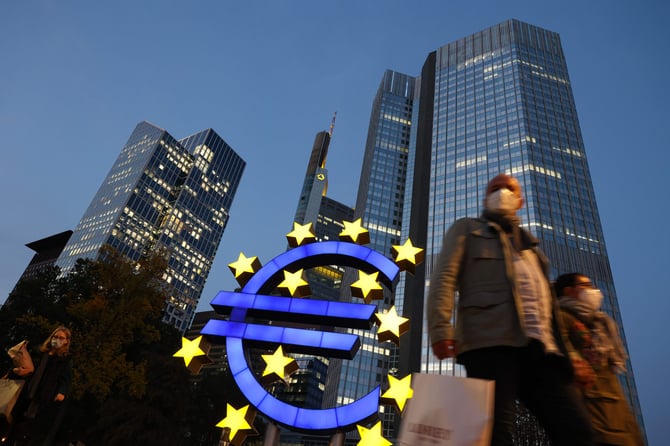Hawkish ECB Turn Blindsides Australia Dollar

The Australian dollar dropped sharply on Friday after the European Central Bank (ECB) sent shockwaves through markets by finally acknowledging the dangers of high inflation.
The euro surged to a two-month high of A$1.6038 after the ECB voiced “serious concerns” about the dangers that rampant inflation posed to the economic region. This sudden position change by the ECB caused the Australia dollar to drop, obliterating the 2% of growth it had gained during the week’s trading.
Against the US dollar and the euro, the Aussie dollar is often used as a proxy for global growth and risk appetite and has developed a habit of operating in lockstep with these major currencies.
The ECB’s new stance has prompted speculation by analysts that the Reserve Bank of Australia will also have to raise interest rates, as it risks remaining an outlier with accommodating monetary policy designed for a pandemic.
What does this mean for me?
The ECB’s intention to tackle inflation is expected to have the effect of forcing Australia to look at its own interest rate level sooner than it wants.
If the Aussie dollar continues to show vulnerability against major currencies whose central banks have taken hawkish turns, the knock-on effects such as increased import costs will seep into Australia’s consumer prices, causing more inflationary pressure.
As a FOREX trader, watching these events will help you make decisions about your FOREX portfolio as major trends for the year start to develop.
More News
.webp)
US Dollar Faces Biggest 6-Month Drop in Half a Century
.webp)
Dollar Slips to Three-Year Low as Trump Eyes Early Fed Appointment
.webp)
AI-Powered Trading Bots Bring a New Kind of Threat
.WEBP)
Euro Value Surges as Markets React to Tariff Shock

Euro’s Slide: What’s Behind the Drop and What’s Next?

Sterling Gains Against Euro as Central Banks Move Apart

Euro Remains Steady Amid Tariff Threats
